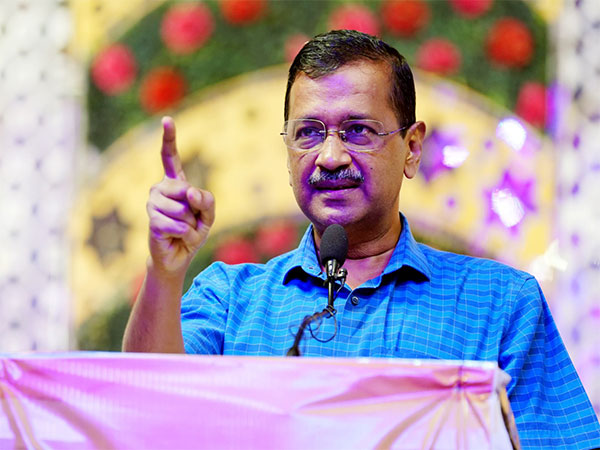
Jung Keun-sik, the newly elected superintendent of the Seoul Metropolitan Office of Education (SMOF), speaks about his first day at the SMOF office in Jongno District, Seoul, Thursday. Yonhap Indifference, politicization fuel voter fatigue, resulting in mere 23% turnout for Seoul superintendent ballot By Jung Da-hyun The voter turnout for Wednesday's by-election to select the superintendent of the Seoul Metropolitan Office of Education (SMOF) was just 23.5 percent, the lowest since direct elections for that post began in 2008, election officials said Thursday.
Calls are increasing to overhaul the election system for education chiefs, with critics arguing that the process has increasingly fueled voter fatigue by focusing more on political affiliations over educational policy discussion. According to the National Election Commission, only 1.95 million of the 8.
32 million eligible voters cast their ballots in the by-election, resulting in a turnout of 23.5 percent — the lowest since the 2008 election, which saw a 15.4-percent turnout.
Despite 56.5 billion won ($41.32 million) in public funds being spent on managing the election, turnout was less than half of that recorded for the four local government heads’ election on the same day.
The turnouts for those races were significantly higher, with 47.2 percent in Busan’s Geumjeong District, 58.3 percent in Incheon’s Ganghwa County, 64.
6 and 70.1 percent in South Jeolla Province’s Yeonggwang and Gokseong counties, respectively. Jung Keun-sik, the newly elected superintendent of the SMOF, won 50.
24 percent of the vote. However, with only 23.5 percent voter turnout, his victory reflects the support of just about 10 percent of the total electorate.
Candidate Jung Keun-sik appeals for support at Sillim Station intersection in Gwanak District, Seoul, Tuesday, a day before the Seoul Metropolitan Office of Education by-election. Yonhap Critics argue that this raises questions about the legitimacy of the elected education chief. Widespread public indifference toward the election of the education chief has been cited as a key factor behind the low voter turnout.
"Only a limited group, such as parents and teachers, are interested in the outcome, but most citizens don’t feel it directly affects them," said Park Joo-ho, a professor at Hanyang University's Department of Education. "With only about 10 percent of voters backing the newly elected superintendent, there could be issues with representation if the education chief’s direction conflicts with the principles and values of the broader public." Shin Yul, a professor of political science and diplomacy at Myongji University, noted that the education sector, which should remain nonpolitical, has become increasingly politicized, contributing to voter fatigue.
Although candidates for the education chief are not allowed to be officially nominated by political parties, and no party affiliation appears on the ballot, candidates visibly align themselves with political factions. They wore red or blue uniforms, symbolizing respective political parties throughout the campaign. "In an election like the superintendent race, which already draws little public interest, the political sphere only stirs up more noise, making people, who are already fatigued by politics, end up just turning a blind eye," Shin said.
He also underscored that despite the formal electoral process, it becomes challenging to secure legitimacy when an education chief elected with such low voter turnout attempts to implement policies. Amid growing concerns over the current election system, calls to abolish the direct election of superintendents are intensifying within the education community. A recent survey by the Korean Federation of Teachers' Associations found that among 464 respondents, three out of four believe the direct election system for education chief should either be abolished or revised.
"The direct election system fails to reflect public opinion or the needs of the education sector, and it lacks expectations for professionalism and administrative competence," said an elementary school teacher in Seoul surnamed Lee. "It may be more efficient to eliminate the direct election system and instead have the superintendent selected as a running mate to the mayor or governor, or appointed by them," Shin said..










